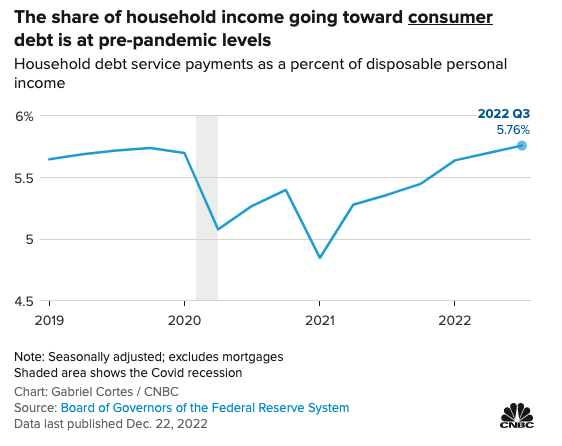Friday, February 10, 2023
Please note that in order to view the content for the
Bankruptcy Headlines
please
log in
if you are already an ABI member, or otherwise you may
Become an ABI Member
Tuesday, February 7, 2023
Please note that in order to view the content for the
Bankruptcy Headlines
please
log in
if you are already an ABI member, or otherwise you may
Become an ABI Member
To prevent class-based loan forgiveness for Federal student loans under title IV of the Higher Education Act of 1965 without the explicit appropriation of funds by Congress for such purpose.
Wednesday, January 25, 2023
To amend the Investment Company Act of 1940 to postpone the date of payment or satisfaction upon redemption of certain securities in the case of the financial exploitation of specified adults, and for other purposes.
Wednesday, January 25, 2023
Wednesday, February 1, 2023
Please note that in order to view the content for the
Bankruptcy Headlines
please
log in
if you are already an ABI member, or otherwise you may
Become an ABI Member
Wednesday, February 1, 2023
Please note that in order to view the content for the
Bankruptcy Headlines
please
log in
if you are already an ABI member, or otherwise you may
Become an ABI Member
Wednesday, February 1, 2023
Please note that in order to view the content for the
Bankruptcy Headlines
please
log in
if you are already an ABI member, or otherwise you may
Become an ABI Member
Wednesday, February 1, 2023
Please note that in order to view the content for the
Bankruptcy Headlines
please
log in
if you are already an ABI member, or otherwise you may
Become an ABI Member
Tuesday, January 31, 2023
Please note that in order to view the content for the
Bankruptcy Headlines
please
log in
if you are already an ABI member, or otherwise you may
Become an ABI Member


